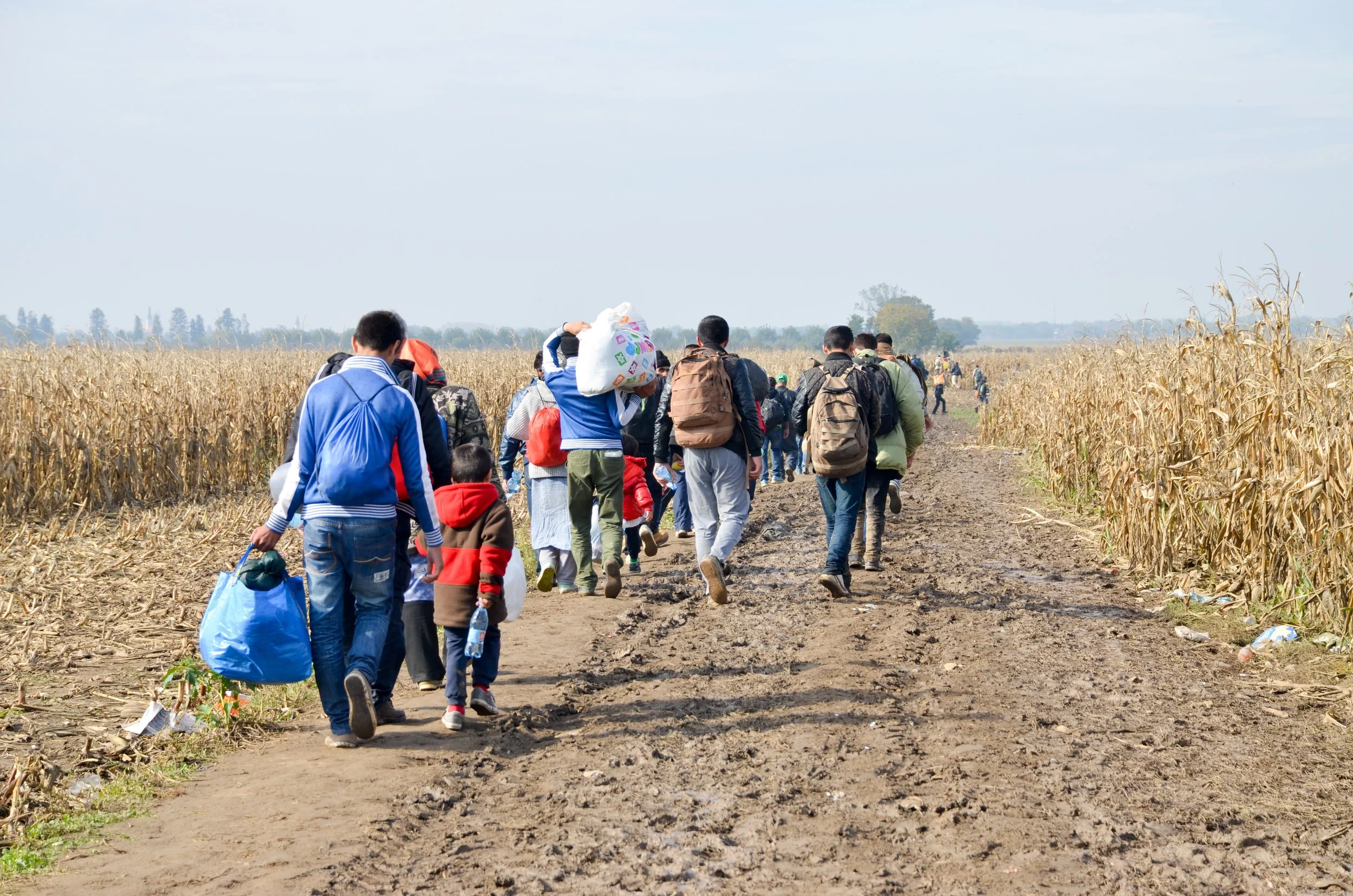PUBLICATIONS
Migrant Smuggling
This brief brings together key lessons emerging from GI-TOC’s research on the smuggling of migrants (SOM) between 2015-23. The research emphasises: (1) The need to provide sufficient opportunities for legal migration (2) The importance of timing for enforcement-led responses (3) The adaptive nature of the smuggling industry, with route changes being implemented swiftly in response to seemingly formidable obstacles to population movement.
Tuesday Reitano and Prem Mahadevan
April 2024
The impact of Afghanistan’s drug trade on its neighbours: the case of Pakistan, Iran and Tajikistan
This research examines the impact of Afghanistan’s drug trade on the country’s neighbours, with a particular focus on the three countries, Pakistan, Iran, and Tajikistan, which account for the highest volumes of narcotics that transit from Afghanistan. It explores policy options in the post-August 2021 context and considers the prospects of and challenges to greater regional cooperation.
Shehryar Fazli
November 2023
A New Exodus: Migrant smuggling from Afghanistan after the return of the Taliban
Kabul's fall to the Taliban in August 2021 spurred the fourth wave of distress migration from Afghanistan in 50 years. This research uncovers common patterns in Afghan migration and the impact of the Taliban's return on human mobility. It draws on interviews with migrants, smugglers, and financiers, revealing an entrenched illicit economy essential to Afghanistan and beyond. This study aims to analyse post-Kabul human mobility; and investigate the role of informal value transfer systems (IVTS) in clandestine migration.
Prem Mahadevan, Maria Khoruk, and Alla Mohamad Mohmandzaï
November 2023
Under the Radar: How Russia Outmanoeuvres Western Sanctions with Help from its Neighbours
This paper examines the practices used to evade sanctions imposed on Russia after its invasion of Ukraine in 2022, focusing on the import–export operations of Russia, Belarus, Georgia, and Kazakhstan. The research finds that sanctions have not cut supplies to Russia but have instead empowered informal trade networks and intermediaries. Georgia and Kazakhstan have indirectly benefited from the increased transiting trade; however, the impact on the shadow economy and traditional organised crime has been minimal because sanctions-busting is not illegal in these countries.
Dr Erica Marat & Dr Alexander Kupatadze
August 2023
Narcotics smuggling in Afghanistan: links between Afghanistan and Pakistan
This research paper examines trends in Afghanistan’s opium and heroin trade and the Afghanistan-Pakistan drug smuggling nexus. It begins with a brief overview of a collapsing formal economy that lends itself to transnational organised crime, before a specific discussion about a drug trade that is deeply entrenched in the Afghan economy and its politics. It traces the Taliban’s historic stance towards narcotics and assesses the prospects of the Taliban’s 3 April 2022 edict prohibiting poppy cultivation and the use and trade of all types of narcotics across Afghanistan, which could have grave implications for a collapsing economy.
Shehryar Fazli
June 2022
Evaluating Afghanistan’s past, present and future engagement with multilateral drug control
This paper charts the history of Afghanistan’s interaction with the international drug control system and the complex relationship between national–international policy formation. Drawing on primary documentation from US and British archives, as well as secondary literature and interviews, it tells the story of Afghanistan’s relationship with and impact on evolving global drug regulations from the birth of the League of Nations drug control system through the 1961 UN Single Convention on Narcotic Drugs and up to the present day. The research suggests the need for a more nuanced historical awareness of Afghanistan’s role within multilateral drug control as a way to understand its roles in the creation of the modern licit drug economy and its continued role in the modern illicit drug economy. Further, it demonstrates the need to engage broader society in discussions, to ensure more continuity is built into the system—as relationships built with the old regime in Afghanistan have collapsed.
John Collins & Ian Tennant
May 2022







